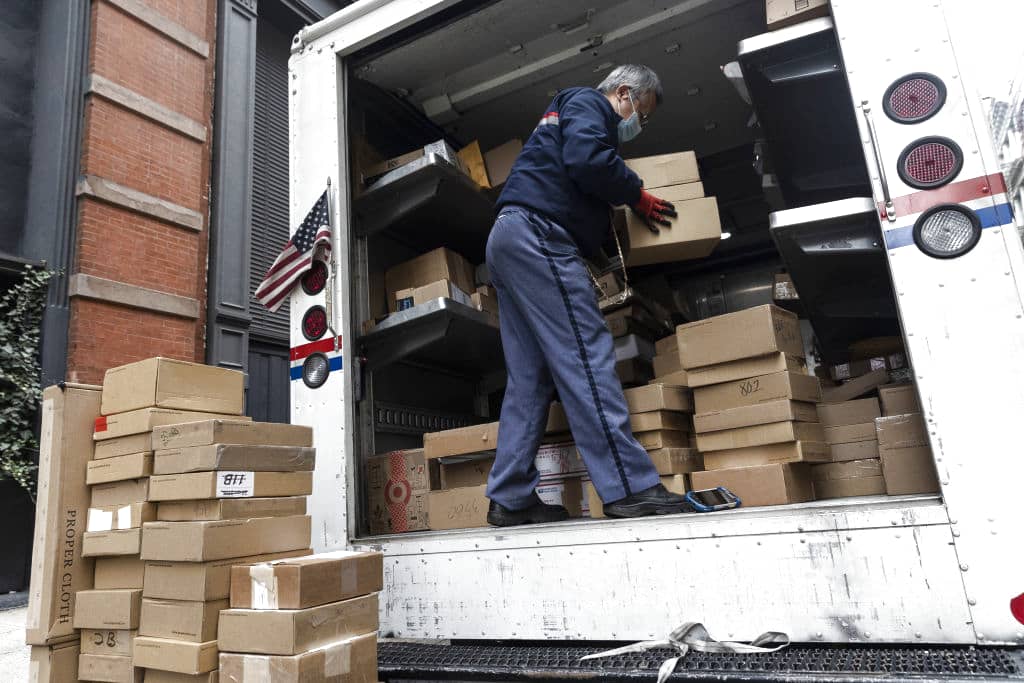Products You May Like
The U.S. Postal Service on Wednesday completed a final regulatory requirement for its plan to replace its delivery fleet with thousands of gas-powered vehicles, forging ahead with a decision that’s drawn strong opposition from the Biden administration and environmental groups.
The Postal Service operates roughly 230,000 vehicles, making up one-third of the country’s entire federal fleet. Earlier this month, the EPA and the White House Council on Environmental Quality urged the Postal Service to conduct an updated and more detailed technical analysis and hold a public hearing on its plan.
The organization has now completed the evaluation, putting it on track to deliver the first of the new vehicles next year, which will include at least 5,000 electric-powered vehicles.
Postmaster General Louis DeJoy, a Trump ally who was nominated to the position in 2020, pledged last year to convert 10% of its new trucks to electric power.
“Our commitment to an electric fleet remains ambitious given the pressing vehicle and safety needs of our aging fleet as well as our fragile financial condition,” DeJoy said in a statement on Wednesday.
DeJoy added that the Postal Service can purchase more electric vehicles under the plan if additional funding “from either internal or congressional sources becomes available.”
The Postal Service’s plan would blunt the Biden administration’s pledge to replace its federal fleet of 600,000 cars and trucks to electric power and cut the government’s carbon emissions by 65% by mid-century.
Despite a recent rise in electric vehicles sales in the U.S., the transportation sector is one of the largest contributors to the country’s climate-changing emissions, comprising roughly one-third of total emissions each year.
By reversing course on its plan and electrifying the new mail trucks, the Postal Service could prevent the government from burning 110 million gallons of fuel each year, according to the environmental nonprofit Earthjustice.
“DeJoy’s plans for the postal fleet will drag us back decades with a truck model that gets laughable fuel economy. We may as well deliver the mail with hummers,” Adrian Martinez, senior attorney on Earthjustice’s Right to Zero campaign, said in a statement.
“DeJoy’s environmental review is rickety, founded on suspect calculations, and fails to meet the standards of the law,” Martinez said. “We’re not done fighting this reckless decision.”
“Neither rain, nor sleet, nor financial good sense will stop the leaders of the U.S. Postal Service from trying to buy dirty, polluting delivery trucks,” Patricio Portillo, transportation analyst at the Natural Resources Defense Council, said in a statement.
“For the sake of clean air and cost savings, it’s time to return this plan to sender,” Portillo said.
